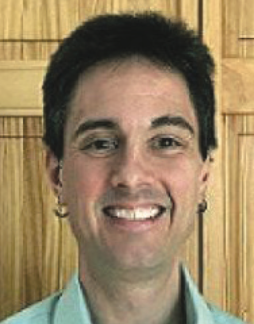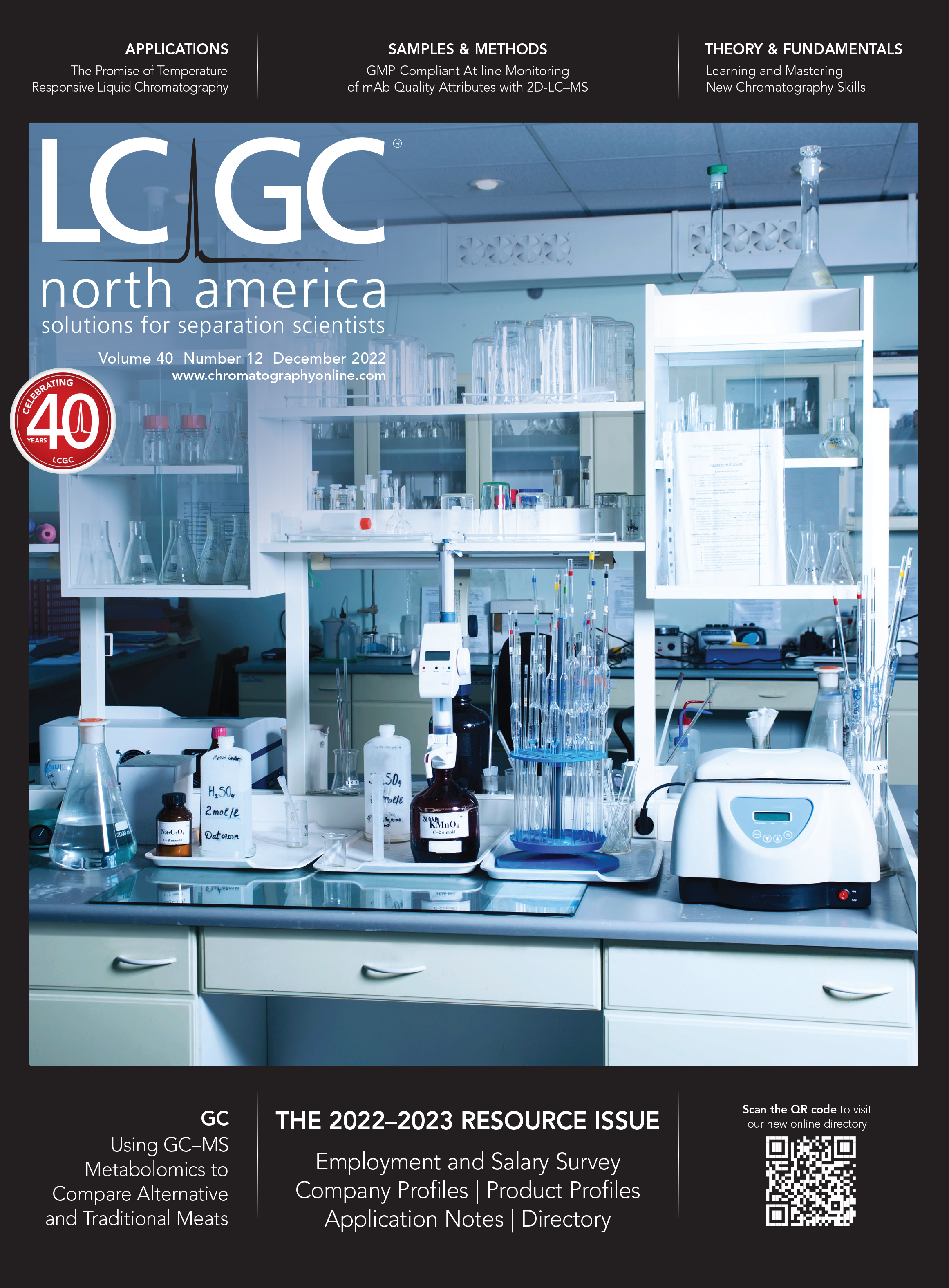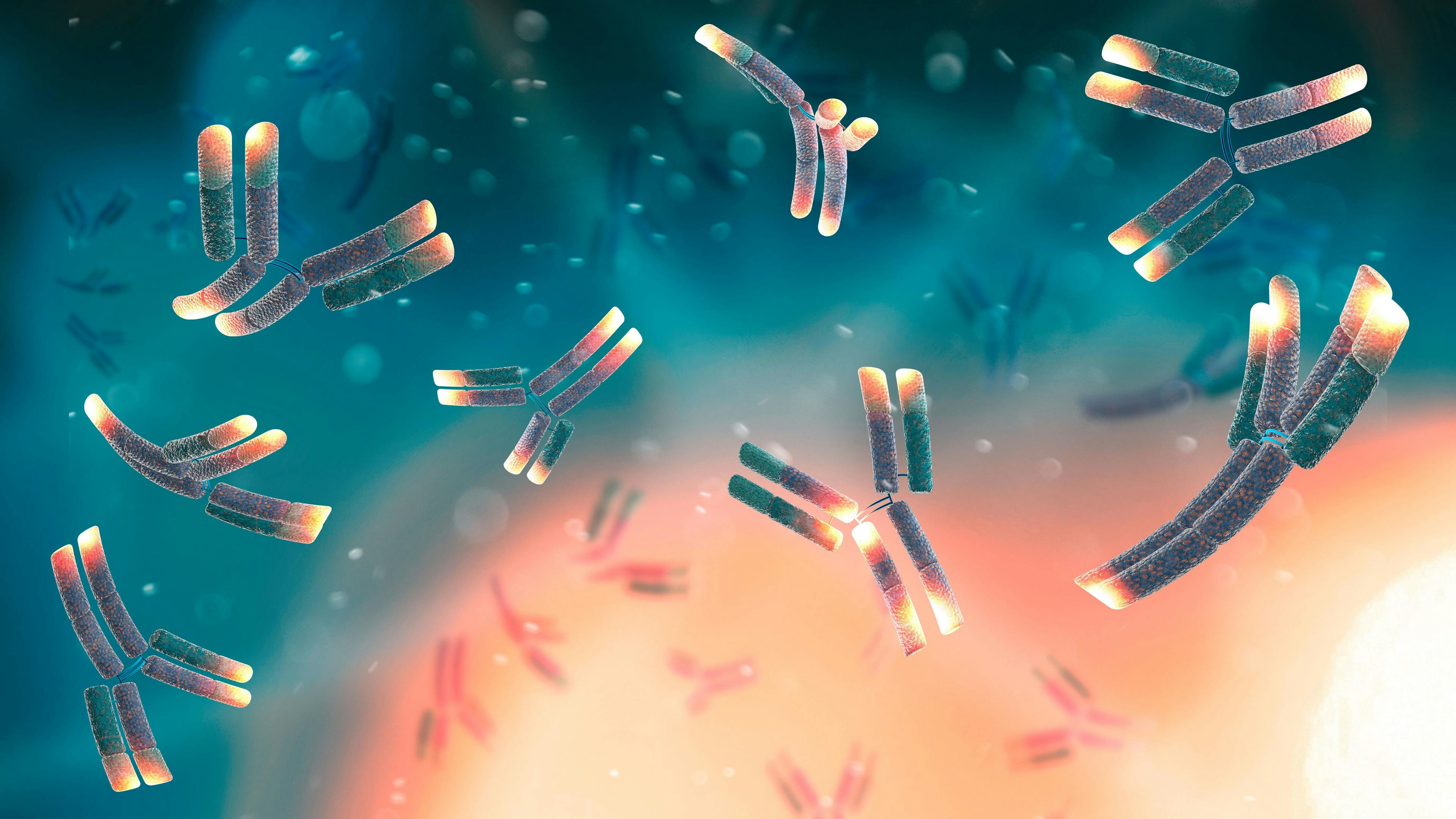Remember the First Time
Do you remember your first time? Perhaps it was a tie-dye party. Maybe you experienced marker pigments dividing across a paper towel dipped in liquid. Was it a few spots crawling up a plate in organic chem- istry class? Possibly it was pushing the plunger on a syringe and seeing what was once invisible turn into beautiful, Gaussian artistry walking across a chart recorder or computer monitor.
Whenever it was, if you’re reading this journal, then you’ve most likely applied chromatography and remember the first separation that sparked your love for the field. That magical moment you felt was more than a waxing poetic memory. In fact, it was probably the time you were most apt to learn chromatography...or...apt to learn anything!
Be a Beginner
We learn best when we approach something new. What’s more, if we can revert to a childlike innocence, our ability to gain competency (not to be confused from mastery) is rapidly accelerated. Our steepest learning curves come when we deviate from skills we dismiss as already acquired. For example, efforts to learn to sing to a level for public performance or to draw beyond doodles are so hampered by already ingrained mindsets that progressing those skills is more difficult than learning something entirely new. Consider how much harder it is to learn a second language in adulthood, when your brain has already been taught how to converse, versus as a child that has never had to diagram an English sentence.
Learn to Fall
“I can’t run this new supercritical fluid chromatography (SFC) instrument because it’s different software, there are settings I don’t understand, and I’ll look dumb to my coworkers.”
Yet this example, assuming you are versed in another area of separations, is a perfect opportunity, as it’s likely within the zone of proximal development. This is an optimal learning space between what you can do unaided and what you can do with a little help. It may feel like the edge of impossible at first, but it’s closer than you realize.
Variable Learning for the Win
When trying to elevate something that has become routine, the key to advancement is in variable learning. Runners that takes the same path at the same pace will quickly plateau in their training. If they add some sprint intervals or hill climbs or anything new, they’ll achieve more progress. A chromatographer that runs the same gradient on that 5 μm C18 column every day could also benefit from changing things up. If your environment frowns on these kinds of deviations, other avenues exist. If you’re a gas chromatography (GC)–minded scientist, take a chance and read that article a few pages over on liquid chromatography (LC) (and vice versa for the liquid-phase folks). Curious about what’s going on in that mass spectrometer at your column outlet? Hop on www.chromacademy.com and wander through the available content (there’s tons for free). Lucky enough to be at a conference (I hope we’ll see many of you at Pittcon 2023 for the ACS SCSC annual meeting!)? Try attending a session outside your comfort zone. Alternatively, take a lunch break and watch a webinar outside your daily sphere, such as at www.ACS.org/content/acs/en/acs-webinars.html. Pharmaceutical scientists may find the latest advances in forensic technology as a breakthrough innovation in their own field. The key is to not be a robot running the same routine. Tangents aren’t just for peak integrations.
Indulge Yourself
Learning one new talent helps subsequent attempts at other new competencies. I prefer to think of it as becoming more comfortable with falling and regaining my childlike mindset. Take a stroll through your local library’s shelves and pick up a 101 book on whatever stokes your passion, whether it be coding or cooking. Download a new language course and listen on the commute to work. Sign up for that community class on plumbing, which will also be directly applicable to LC and GC! Go ahead—indulge yourself in that new skill, whether it be juggling, forging, or multidimensional separations. Learn to learn again!
Jonathan Shackman is an Associate Scientific Director at Bristol Myers Squibb. Direct correspondence to: jonathan.shackman@bms.com


Detecting Hyper-Fast Chromatographic Peaks Using Ion Mobility Spectrometry
May 6th 2025Ion mobility spectrometers can detect trace compounds quickly, though they can face various issues with detecting certain peaks. University of Hannover scientists created a new system for resolving hyper-fast gas chromatography (GC) peaks.
Altering Capillary Gas Chromatography Systems Using Silicon Pneumatic Microvalves
May 5th 2025Many multi-column gas chromatography systems use two-position multi-port switching valves, which can suffer from delays in valve switching. Shimadzu researchers aimed to create a new sampling and switching module for these systems.
Characterizing Polyamides Using Reversed-Phase Liquid Chromatography
May 5th 2025Polyamides can be difficult to characterize, despite their use in various aspects of everyday life. Vrije Universiteit Amsterdam researchers hoped to address this using a reversed-phase liquid chromatography (RPLC)-based approach.
New Method Explored for the Detection of CECs in Crops Irrigated with Contaminated Water
April 30th 2025This new study presents a validated QuEChERS–LC-MS/MS method for detecting eight persistent, mobile, and toxic substances in escarole, tomatoes, and tomato leaves irrigated with contaminated water.

.png&w=3840&q=75)

.png&w=3840&q=75)



.png&w=3840&q=75)



.png&w=3840&q=75)












